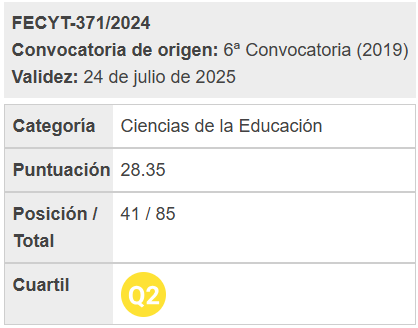The Long-Term Impact of the Youth Olympic Games Culture and Education Program on Turkish Athletes
DOI:
https://doi.org/10.58727/jshr.103022Resumen
Since 2010, the International Olympic Committee (IOC) has been organizing the Youth Olympic Games (YOG), a recent addition to the Olympic family, designed for talented athletes aged 15 to 18. These games encompass not only competitive events but also cultural and educational programs. The primary objective of this study is to explore the long term educational, social, and cultural impacts of the YOG on Turkish athletes. A total of 11 Turkish athletes (comprising 4 Olympic athletes, 4 elite-level athletes, and 3 retired athletes) were selected through purposive and snowball sampling from a pool of 184 Turkish athletes who had participated in various YOG events. Data collection involved semi structured interviews and retrospective methods, while thematic analysis was utilized for data analysis. Memory checking, critical friends, and prolonged engagement were employed to ensure trustworthiness. The study's findings indicate that the YOG had a lasting influence on Turkish athletes, inspiring many to become both Olympians and ambassadors for Olympic values. The formation of friendships and meaningful social and cultural interactions during the YOG motivated them to pursue excellence in their athletic careers. Notably, even retired athletes continued to engage in activities promoting Olympic values and sports after their YOG experience.
Descargas
Publicado
Número
Sección
Licencia
Derechos de autor 2024 Murat Madan, Müfide Yoruç Çotuk

Esta obra está bajo una licencia internacional Creative Commons Atribución-NoComercial-CompartirIgual 4.0.





